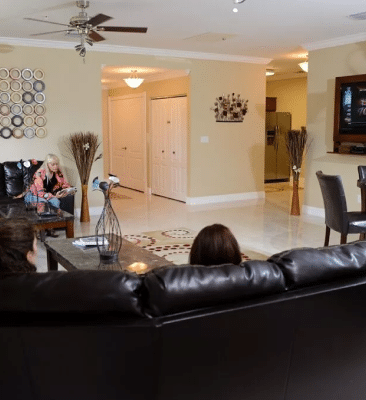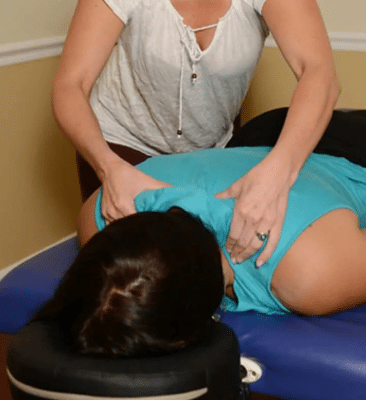Why BHC Should Be
Your First Choice For Rehab in Port St. Lucie


ADMISSION TO COMPLETION
What to Expect from our Program
Here at Behavioral Health Centers, we realize that recovery is a progressive process.
That is why we provide 3 individualized phases of care throughout our programs. The purpose of these various phases is to allow you to focus on the more prominent and acute symptoms you are experiencing at the moment while providing you with the most effective treatment protocols for where you are currently in the recovery process.

Our Behavioral Health & Addiction Treatment
Center Services


Recover at our inpatient drug rehab center. Experience compassionate, personalized care to overcome addiction, rebuild lives, and reclaim the future for you or your loved one. Start your journey to sobriety today.

Embark on a path of healing with our outpatient treatment program. We provide tailored support in a nurturing environment, helping individuals navigate their journey to recovery. Rediscover a life of freedom and fulfillment for yourself or a loved one starting now.

















